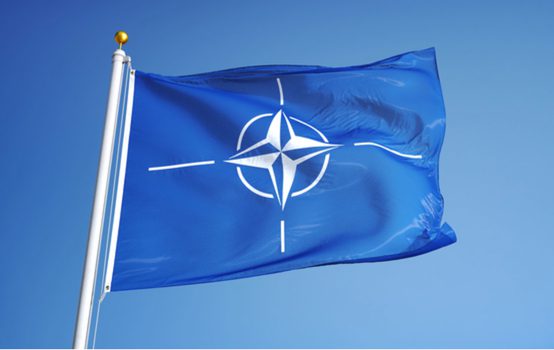NATO and European ‘Free-Riding’

The results of a new Pew survey were released yesterday, and they include some interesting findings about public opinion in the U.S. and other NATO countries. Once again, the survey found that respondents all across Europe are more confident that the U.S. would respond to a Russian conflict with a NATO country with force than they are that their own government should respond that way. For example, 75% of Italians say that the U.S. would respond with force in this scenario, but only 25% say that their government should. In Germany, the numbers are 63% and 34% respectively. Canada, the U.K., Lithuania, and the Netherlands are the only allied countries surveyed where a majority supports their own governments using force.
The difference in the wording of the two questions is telling. One asks what people in allied countries think the U.S. is likely to do, but the other asks what they think their government ought to do. Naturally, most people in almost every NATO country want no part of war with Russia, and so they are mostly opposed to having their own government respond by using force. They are accustomed to seeing the U.S. resort to force all the time for much worse reasons, so it is easy to assume that the U.S. would use force in this scenario as well. The difference between the two responses shows how little appetite there is among most members of NATO to defend another member of the alliance. It is interesting that the central and eastern European countries that have been in NATO longest (Poland, Czechia, Hungary) are the ones that have the least confidence that the U.S. would use force to defend a NATO member. One would think that the states that joined NATO in the first round of expansion would have more confidence in the U.S. commitment to the alliance than most.
European willingness to come to the defense of another NATO member has decreased noticeably except in the U.K. In France, 47% held this view, and now it is down to 41%. Italy has seen the sharpest drop-off from 40% to 25%. There have also been drops in Spain (48% down to 41%) and Poland (48% down to 40%). Support for defending a NATO member against Russia has gone down over the last four years in all of these states except Britain. There were brief spikes in support for the use of force two years ago, but those faded and most of these countries are even less willing to defend another alliance member than they were in 2015.
Continued European confidence that the U.S. would come to the defense of a NATO member in the event of conflict with Russia remains remarkably high after three years of Trump’s presidency. Most Europeans have little or no confidence in Trump’s leadership, but on this question even their low opinion of the Trump administration doesn’t seem to dent their expectation that the U.S. would intervene. The fact that they know they can count on the U.S. to provide for their defense predictably makes them less willing to take action for collective security on their own. It is their apparent confidence in the U.S. that makes it easier for them to duck their obligations. If they were not so dependent on U.S. guarantees, the publics in European countries might be more prepared to take care of security in their own backyard.